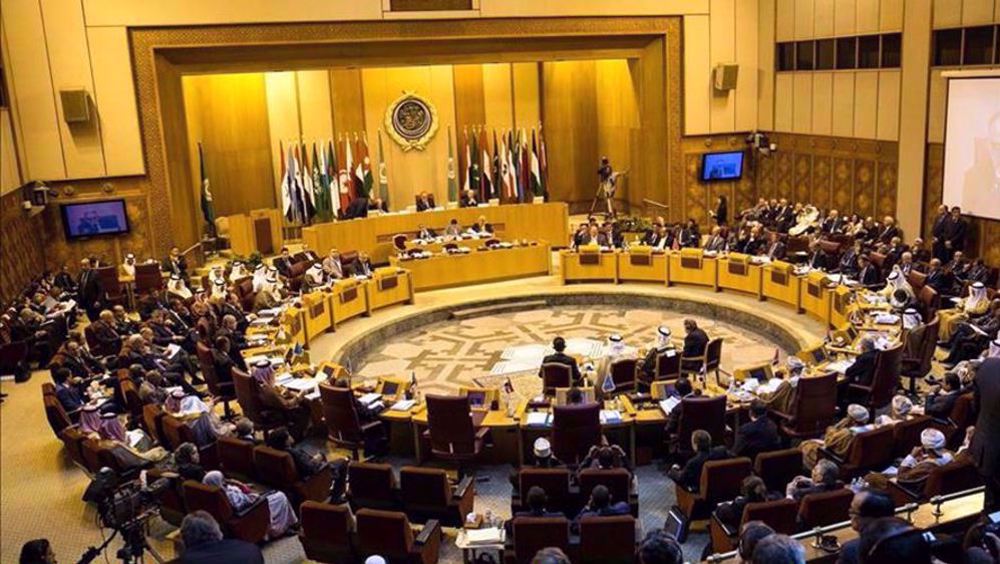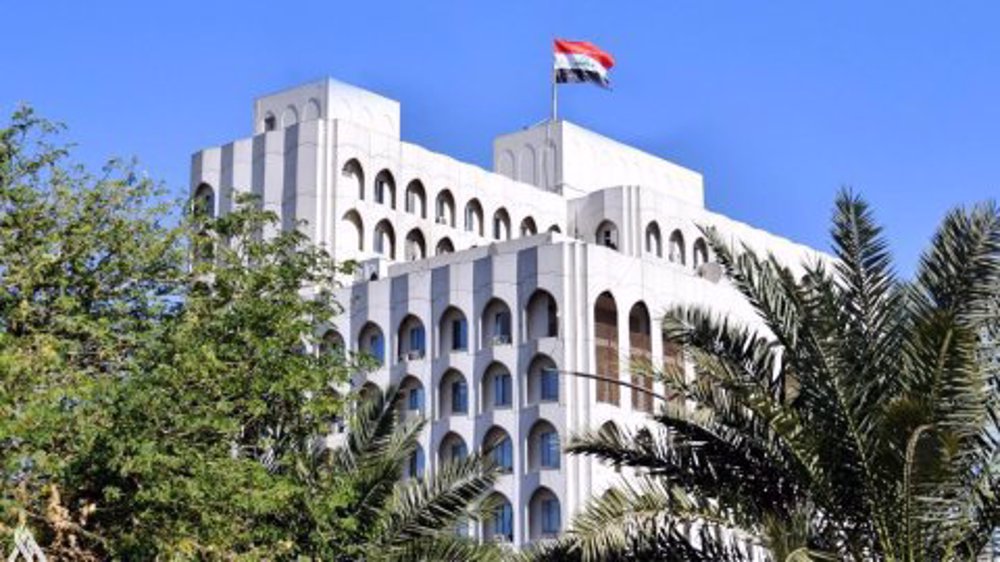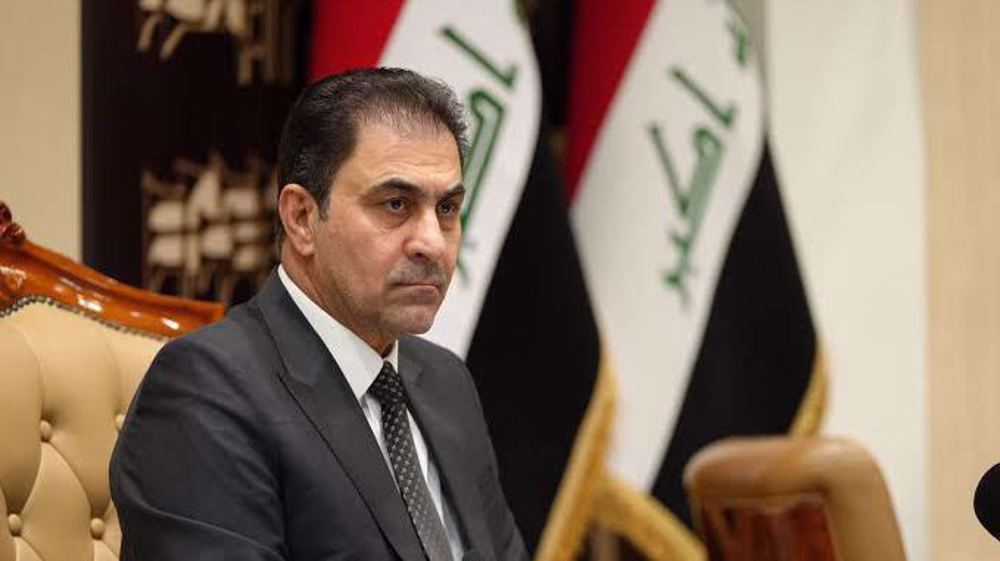Iraqi commission summons, orders arrest of over 250 current, former officials over corruption
The Iraqi Commission of Integrity has summoned or issued arrest warrants against more than 250 former and acting officials on suspicion of corruption, as part of the government's reforms after a wave of protests over unemployment, corruption and lack of public services hit the country.
The Investigation Department of the commission said in a statement on Monday that the independent body took the measures against 256 figures, including two current ministers and seven former ministers during the month of November.
The statement added that two acting legislators and ten former ones, in addition to eleven ex-provincial governors, were among the suspects.
It further noted that the Commission of Integrity has issued summons against 221 people, while ordered the arrest of 35 others to be investigated on suspicions of corruption.
The statement highlighted that whilst a total of 51 orders have been carried, 68 suspects have been referred to the judiciary for trial.
Iraqi government spokesman Saad al-Hadithi told the official Iraqi News Agency on November 30 that a special central court, formed in coordination between executive and judiciary bodies, is going to issue summon orders against more top officials over corruption.
Hadithi added that the court has ordered investigative bodies in the courts of appeal nationwide to summon, issue arrest warrants and seize the assets of anyone found guilty of corruption.
On October 11, the Iraqi Supreme Anti-Corruption Council said in a statement that nine high-ranking officials had been referred to the judiciary to be prosecuted on charges of corruption.
The senior officials included former ministers and former provincial governors, according to the statement.
Protests have rocked primarily the capital city of Baghdad and southern areas of Iraq for two months over the failing economy and demand for political and anti-corruption reforms.
The rallies have, however, turned into violent confrontations on numerous occasions, with reports alleging that certain foreign-backed elements have been seeking to wreak havoc on the country.
Since October 1, more than 300 people have been killed in the country, according to the Iraqi parliament’s human rights commission.
Iraq’s parliament on December 1 formally accepted Prime Minister Adel Abdul-Mahdi’s resignation.
Abdul-Mahdi had submitted his resignation to the legislature a day earlier, following weeks of protests demanding he step down.
The 77-year-old Iraqi politician had announced in a statement on November 29 that he would submit his resignation to parliament amid anti-government demonstrations.
“I will submit to parliament an official memorandum resigning from the current prime ministry so that parliament can review its choices,” he said.
Abdul-Mahdi’s remarks came on the same day that Grand Ayatollah Ali al-Sistani urged lawmakers to reconsider their support for the government.
“We call upon the House of Representatives from which this current government emerged to reconsider its options in that regard,” Ayatollah Sistani said in a statement read out by his representative Abdul Mahdi al-Karbalaei during a weekly sermon in the holy city of Karbala.
VIDEO | Sydney protests demand action as Israel faces ICC warrant for war crimes
Iran to host ‘important’ ECO foreign ministers' meeting in Mashhad
Wounded in Israeli strike, health of Kamal Adwan Hospital's director worsens
VIDEO | Press TV's News Headlines
Iran reports 11% drop in domestic red meat supply
Arab League affirms support for Iraq amid Israel's threats of military action
VIDEO | Fierce fight in Southern Lebanon
Over 1000 medics killed in Gaza as Israel systematically targets hospitals






















 This makes it easy to access the Press TV website
This makes it easy to access the Press TV website